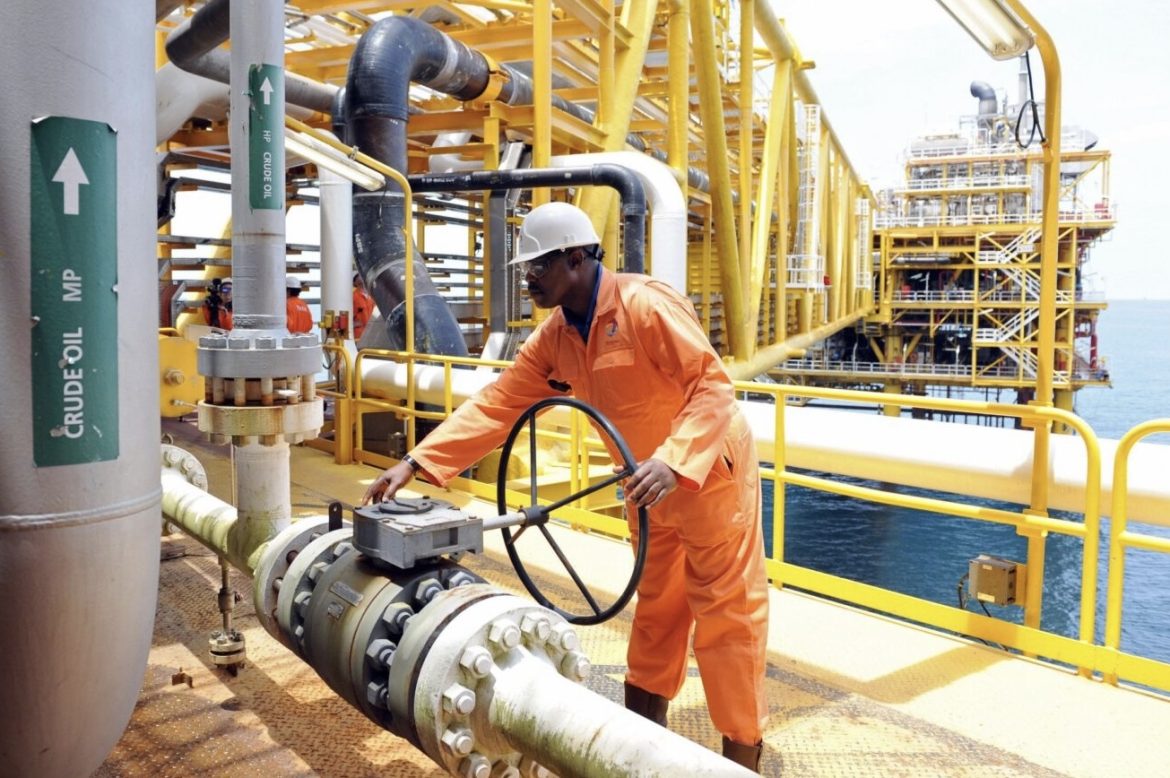KEY POINTS
- Nigeria’s crude oil production rose slightly to 1.401 million bpd in October but fell short of OPEC quota for the third month running.
- Global oversupply, driven by non-OPEC production, is affecting oil prices and could impact domestic fuel costs and government revenue.
- Planned upstream investments and new drilling initiatives could help Nigeria raise output, stabilise energy supply, and support economic growth in 2026.
Nigeria’s crude oil output in October reached 1.401 million barrels per day, marginally higher than September’s 1.39 million barrels per day, according to the latest Organisation of Petroleum Exporting Countries Monthly Oil Market Report.
Despite the slight increase, the country has failed to meet its OPEC-assigned quota for the third consecutive month, with the last compliance recorded in July 2025.
The figures underscore persistent challenges in the country’s upstream sector, including pipeline vandalism, oil theft, ageing infrastructure, and funding constraints. These obstacles continue to impede Nigeria’s ability to sustain production recovery despite renewed investments and government interventions.
Global Supply Surplus Shifts Market Dynamics
OPEC reports that global oil supply exceeded demand by 500,000 barrels per day in October, a sharp reversal from a shortfall of 400,000 barrels the previous month. The surge is largely attributed to increased non-OPEC production, particularly from the United States, which accounted for more than half of the additional output.
This global oversupply exerts downward pressure on oil prices, directly affecting government revenue and foreign exchange earnings. For everyday Nigerians, fluctuations in crude prices translate into shifts in fuel costs, transportation fares, and household energy bills.
In response to its shortfall, Nigeria’s Minister of State for Petroleum, Senator Heineken Lokpobiri, announced plans to formally request OPEC to increase the country’s production quota from 1.5 million barrels per day to 2 million.
Lokpobiri cited ongoing upstream developments, including new drilling rigs, reactivation of dormant oil fields, and fresh investments by international oil companies. He emphasised that these initiatives could position Nigeria to achieve higher output if infrastructure and security bottlenecks are addressed.



